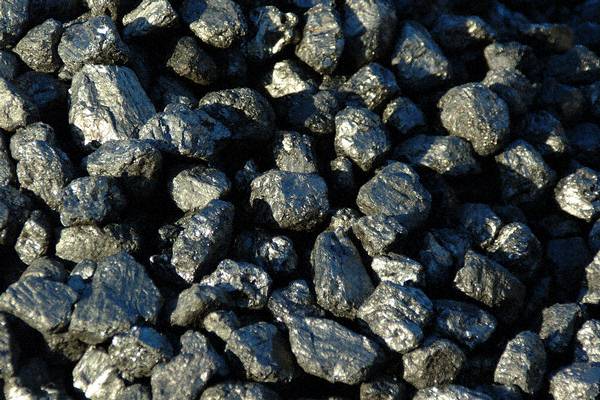
Coal may be the most loathed energy source among sustainability advocates, but it isn't going anywhere, especially now that governments are investing billions in carbon capture and sequestration projects for coal plants. Any country with significant coal reserves and a government that pays little attention to safety and environmental hazards stands to profit handsomely. Enter China.
In the grand scheme of things, China doesn't have much coal--the country gobbles up 47% of all coal produced globally but has only 14% of the world's reserves. According to some estimates, China has enough domestic supply for 30 years of consumption at 3.6 billion ton per years (the level at which it plans to cap production).
But Fred Palmer, chairman of the World Coal Association and an executive at Peabody Energy, the largest privately owned coal company in the world, thinks that China will be a major player in coal production. In an interview with the U.K. Guardian, he elaborates:
There's obviously not unlimited metallurgical coal and there's not unlimited high-quality thermal coal, but when you get to the lower ranked coal such as lignite you just [need to] put gas fires on them. You can either generate electricity there, or turn it into pipeline quality natural gas or liquid fuel. The Dakotas, Mississippi, Alabama, Louisiana, Texas all have large, large amounts of lignite. Or in western China and Mongolia you have lower-ranked coals...I think Xinjiang province in the west of China where they say there's a trillion tonnes of resources will be the new Middle East.Xinjiang province, dubbed the country's "coal sea," supposedly contains over 2 trillion tons of coal. That may be true, but the province has poor railway transportation, which means it won't be easy (or affordable) to transport the coal anywhere useful. The Chinese government is rapidly trying to build up railways in the area, but in the meantime, the country's ever-growing energy demands mean that it is still dependent upon coal imports from countries like Canada, Australia, and Indonesia.
And Palmer's Peabody Energy has a vested interest in promoting Chinese coal dependence. Palmer is building a port in Washington state to ship coal to China, and the company recently signed a "Memorandum of Understanding" with two Chinese companies to build a large surface coal mine and a combined coal mine and coal-to-natural gas conversion facility. The latter project will be in Xinjang province.
So yes, it's possible that China will become a major player in coal production a decade or so down the line. But in the meantime, the country's real resource stranglehold over the U.S. comes in the form of rare earth metals, which are used in electric car motors, wind turbines, solar panels, and lithium-ion batteries--basically anything that could help wean us off dirty fuels. The U.S. is expected to remain reliant on Chinese supplies for at least the next 15 years until domestic mining ramps up. If anything, then, China is more like the Middle East of electronic components.
http://www.fastcompany.com/1736409/are-coal-reserves-about-to-turn-china-into-the-new-middle-east

Δεν υπάρχουν σχόλια:
Δημοσίευση σχολίου